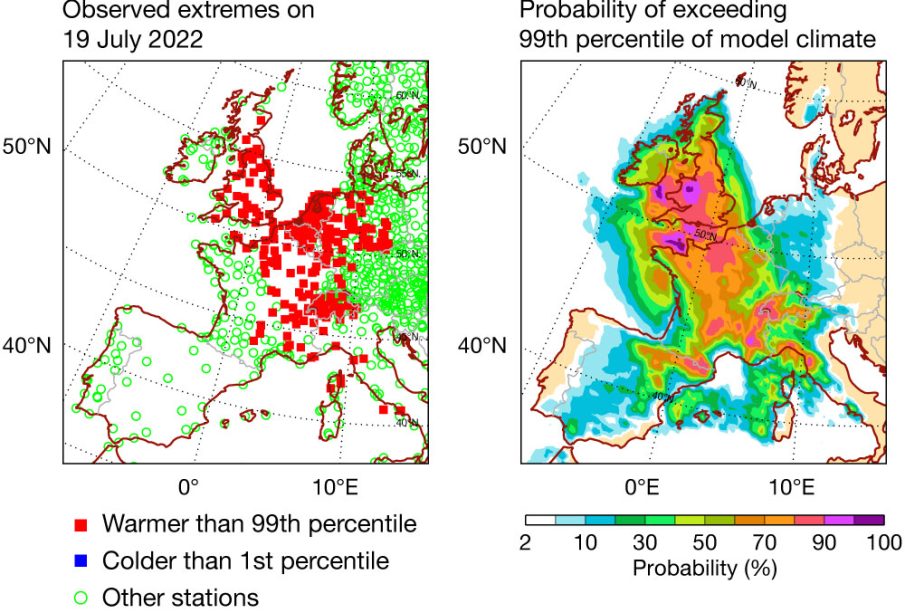Heatwave Weather Forecast: What to Expect This Summer

Introduction
As the summer months draw near, the UK is bracing for a significant heatwave, with meteorologists predicting higher-than-average temperatures across the country. Understanding heatwave weather forecasts is crucial for residents, not just for planning outdoor activities, but also for ensuring health and safety during extreme heat. With climate change contributing to more frequent and intense heat events, staying informed has never been more critical.
Current Forecasts
According to the latest reports from the Met Office, the UK can expect temperatures to soar above 30°C (86°F) during the first weeks of July. Several regions, particularly in the South and East, may experience a prolonged period of hot weather, leading to potential heatwave conditions. Areas like London, Kent, and Essex are predicted to be particularly vulnerable to these soaring temperatures.
Weather models suggest that this heatwave could be caused by a high-pressure system lingering over the UK, drawing warm air from continental Europe. These hot spells generally last for several days, with night-time temperatures also remaining unusually high, which can pose health risks, especially for vulnerable populations.
Health Implications
As temperatures rise, health authorities are urging residents to take precautions. The NHS warns that prolonged exposure to high temperatures can lead to heat-related illnesses such as heat exhaustion and heat stroke. It’s crucial to stay hydrated, avoid strenuous activities during peak heat, and ensure that vulnerable individuals such as the elderly or those with pre-existing health conditions are particularly cared for during this period.
Preparing for the Heatwave
To prepare for the impending heatwave, local councils and health services are advising households to stay informed via reliable weather updates. Simple measures like using fans, keeping curtains closed during the day, and drinking plenty of fluids can make a substantial difference in coping with the heat. Additionally, employers are encouraged to implement flexible working hours to ensure staff can avoid travel during peak heat times.
Conclusion
As the heatwave approaches, it is imperative for UK residents to engage with these weather forecasts actively. This prolonged heat can have various implications for daily life, from increased energy consumption due to air conditioning to potential health risks for those unprepared for extreme temperatures. Understanding these forecasts and taking necessary precautions can help mitigate effects and ensure a safe summer for everyone.





